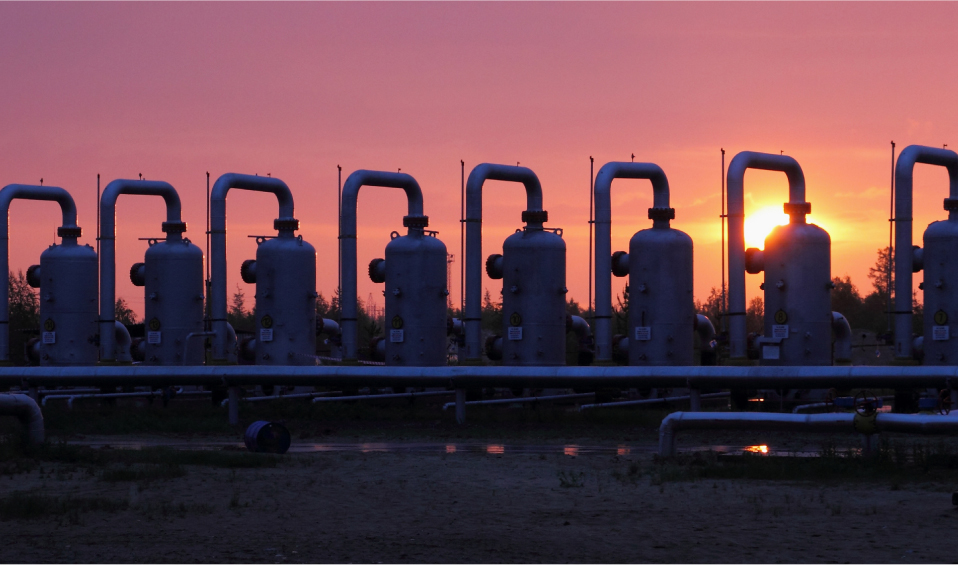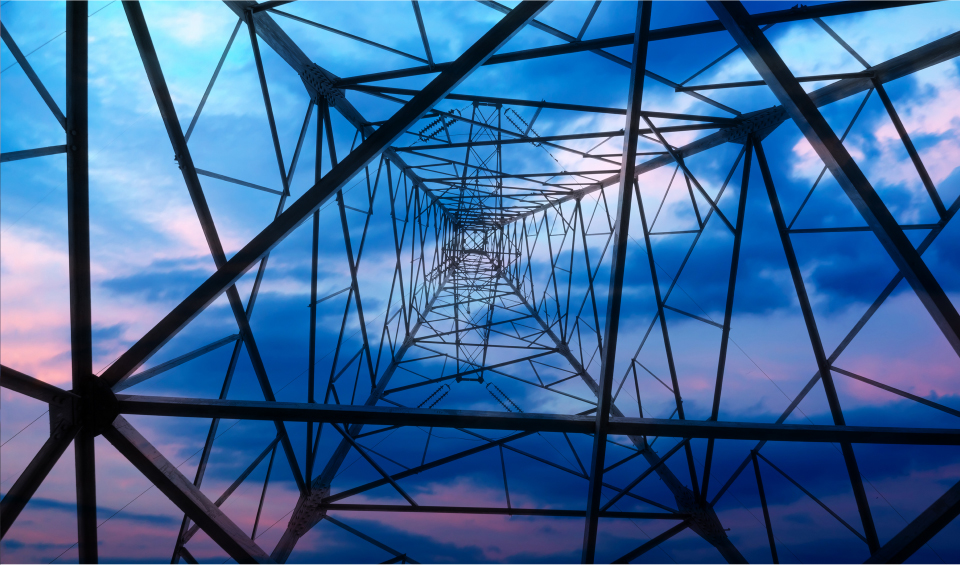
Thanks to ESCP Business School's Energy Management Centre wide network in the academic and business communities, our views on energy news give you comprehensive insight into energy issues.
Please join us...
With the majority of its nuclear-related economic sanctions lifted, Iran is to all appearances open for trading with the world. However, the reality is different.
With supposedly the fourth-biggest proven reserves of crude oil estimated at 157.8 billion barrels (bb) and the second largest proven reserves of natural gas estimated at 1201 trillion cubic feet (tcf), Iran has the potential to grow into a major market in the world.
Iran’s economy with an estimated gross domestic product (GDP) of $417 bn is the third biggest in the Middle East after Saudi Arabia and the UAE. Oil accounted for 60% of Iran’s budget revenues in 2015.
The proof that Iran honours its commitment to create a favourable investment climate and lure back foreign capital lies in the signing of confidentiality agreements with brand named International Oil Companies (IOCs) that happened at the end of August.
The multinational assortment of energy majors included the leader in the current re-discovery of post-sanctions Iran, French giant Total, followed by Austria’s OMV, Germany’s Wintershall, Russia’s Lukoil and Zarubezhneft, and Indonesia’s Pertamina.
Twenty seven months since Saudi Arabia launched its war of attrition against US shale oil production, it has still failed to break the back of US shale industry. This failure is starting to haunt Saudi Arabia.
By flooding the global oil market with oil, Saudi Arabia and its allies in the Gulf have certainly succeeded in killing a string of global offshore mega-projects. Investment in upstream exploration from 2014 to 2020 will be $1.8 trillion less than previously assumed, according to leading US consultants IHS. But this is a bitter victory at best.




527 Finchley Road
London NW3 7BG
United Kingdom
Tel: +44 (0)20 7443 8800
Fax: +44 (0)20 7443 8845
E-mail: [email protected]










